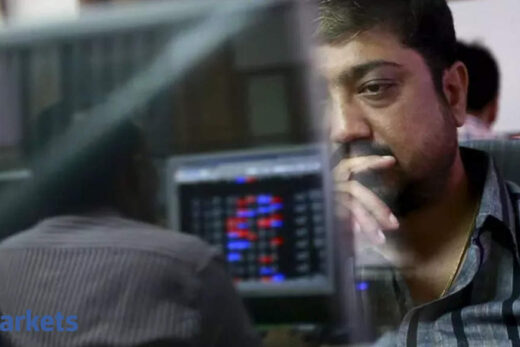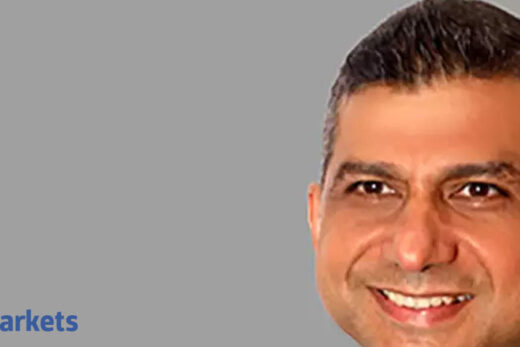Last year’s volatility in markets, plunging as the pandemic took hold and rebounding as government stimulus kicked in, meant asset managers spent more time juggling trades and less time on their usual job of long-term asset allocation.
Moving some or all of their trading to specialist firms offers access to a larger group of banks and brokers, making it cheaper to execute trades and allowing asset managers to cut trading staff and trading terminal costs, industry sources say.
The shift to outsourcing has also been accelerated by changes in working practices brought about by the pandemic.
“As we all work from home, people are realising you don’t need to be physically sitting next to the traders to be able to communicate,” said Tom Carroll, head of asset management at British fund manager Sanlam Investments, which outsourced trading to Northern Trust shortly before the pandemic.
Carrol said the move meant his company’s 20 fund managers could “focus more on what they’re good at” – picking assets for the long term rather trading through short-term volatility.
Northern Trust global head of integrated trading Gary Paulin said the bank had 65 outsourced trading clients, of which 18 were added in 2020. Half the new clients were long-only asset managers, rather than those involved in short selling or other hedging activity. Two were asset owners such as pension funds.
“Last year was a really, really important turning point for the industry,” he said, adding that asset managers were rethinking how they operated as the type of market volatility seen in 2020 “always exposes a bloated cost base”.
Natixis Investment Managers International’s outsourced trading unit’s turnover rose 18% to 317 billion euros ($384 billion) in 2020 due to the extra volatility.
Investment bank Cowen’s global outsourced trading unit doubled its revenue in 2020, said Jack Seibald, Cowen’s managing director and global co-head of prime brokerage and outsourced trading. He did not disclose revenues from the business.
“The lockdown opened the eyes of so many managers to the idea that outsourced trading can be a credible solution,” he said.
SLOW BURN
Outsourcing back-office functions such as accounting is well-established, but the trend towards outsourcing trading has been a slow burn, industry sources say.
It started around a decade ago as an equities trading service for hedge funds and wealth managers. It expanded after European regulation made running a trading desk more complex here.
Cost savings, operational efficiencies and trading expertise have pushed investors to outsource dealing, industry sources say, adding it increasingly appealed to insurers, asset managers and pension funds.
David Berney, founding partner of Ergo Consultancy, said one European insurer cut the costs of buying or selling a U.S. Treasury bond to “a few” basis points from 25 bps by outsourcing.
Cole Smead, president of Smead Capital Management in Phoenix, Arizona, which switched to outsourced trading with Outset Global in October, said the firm no longer needed to employ a trader in London.
Erik Vynckier, a non-executive director of British insurer Foresters Friendly Society, said outsourcing made sense for firms with less than 500 million euros under management.
“It would be difficult to get a good trader for portfolios this size,” he said.


